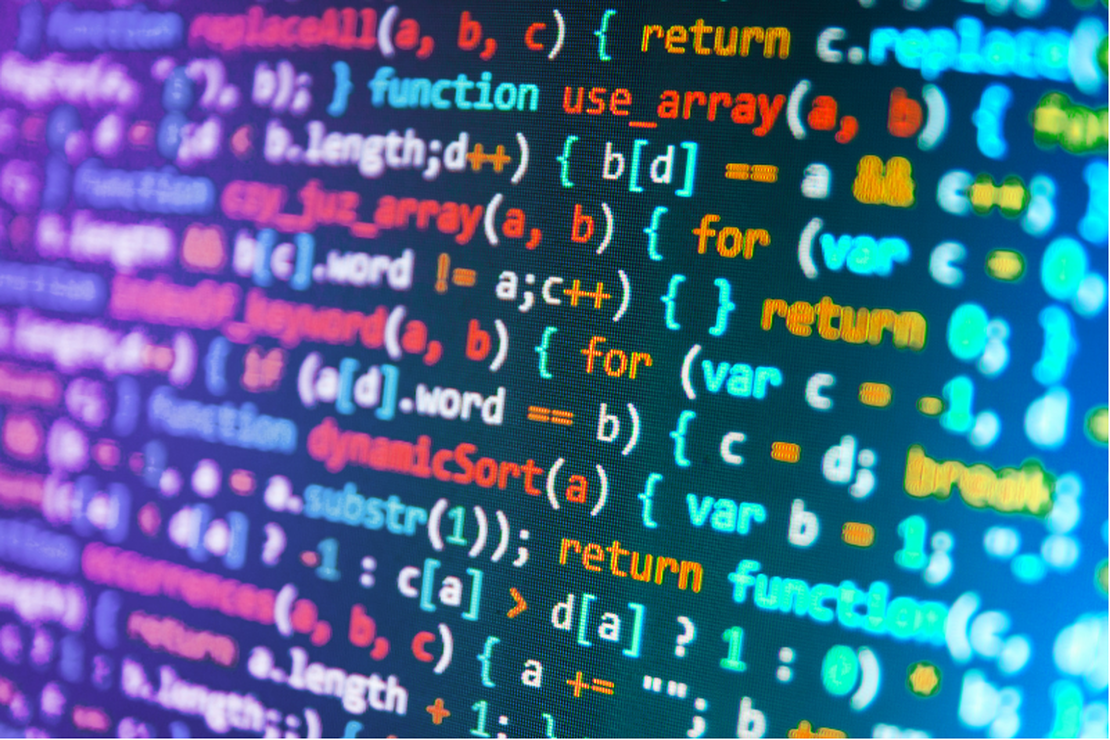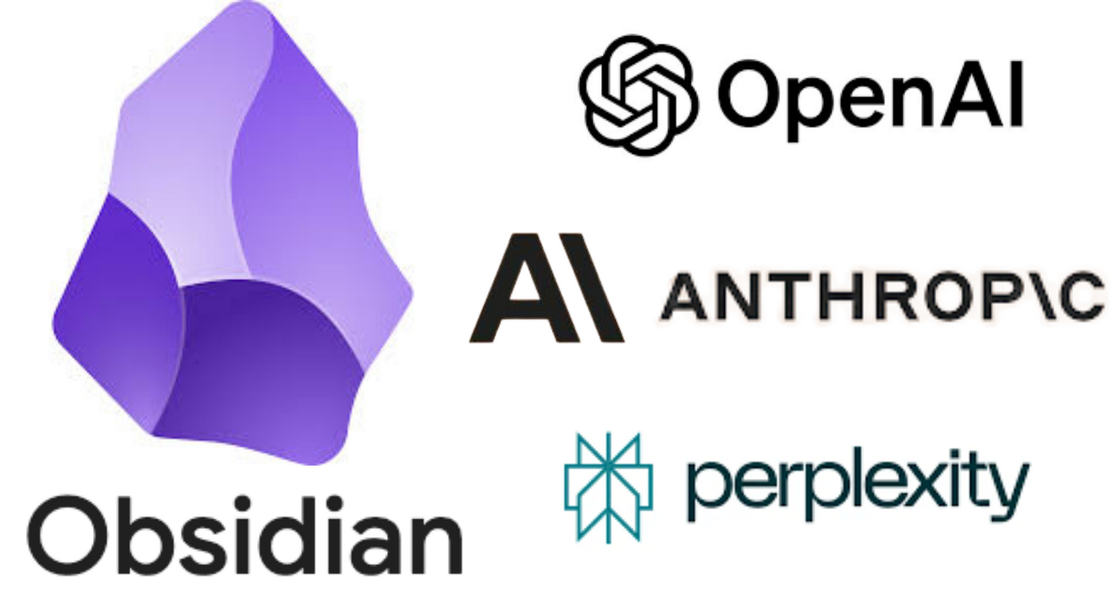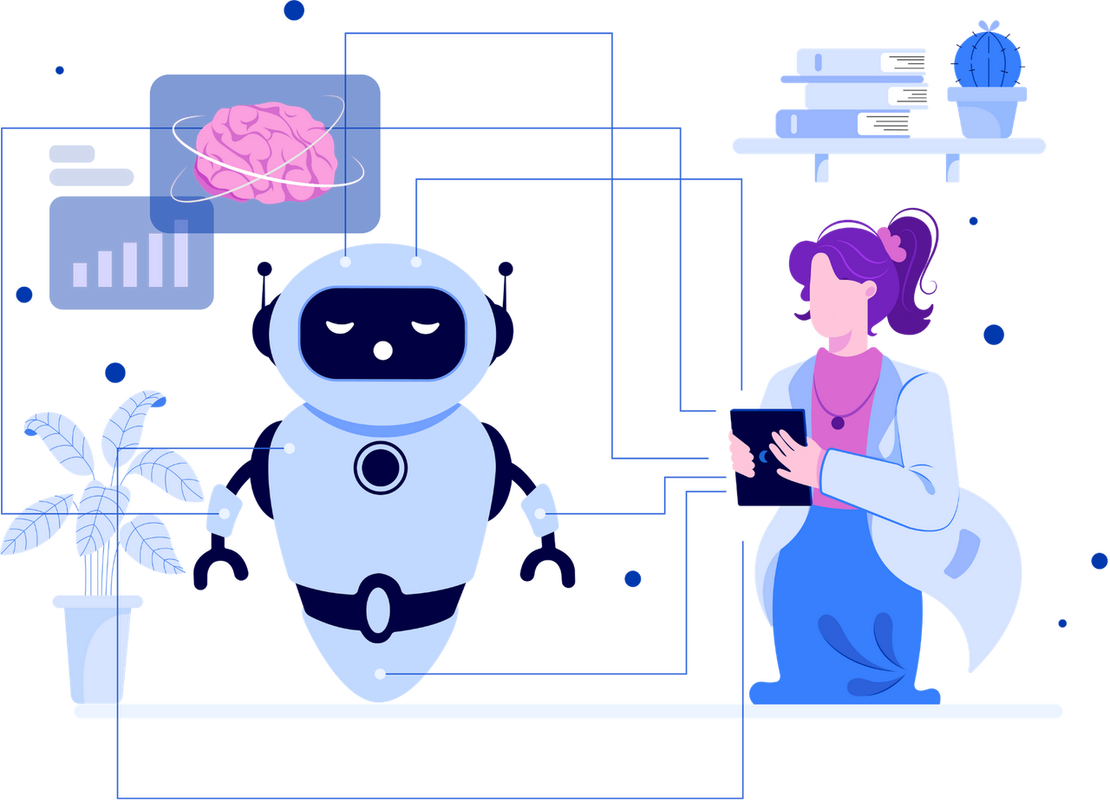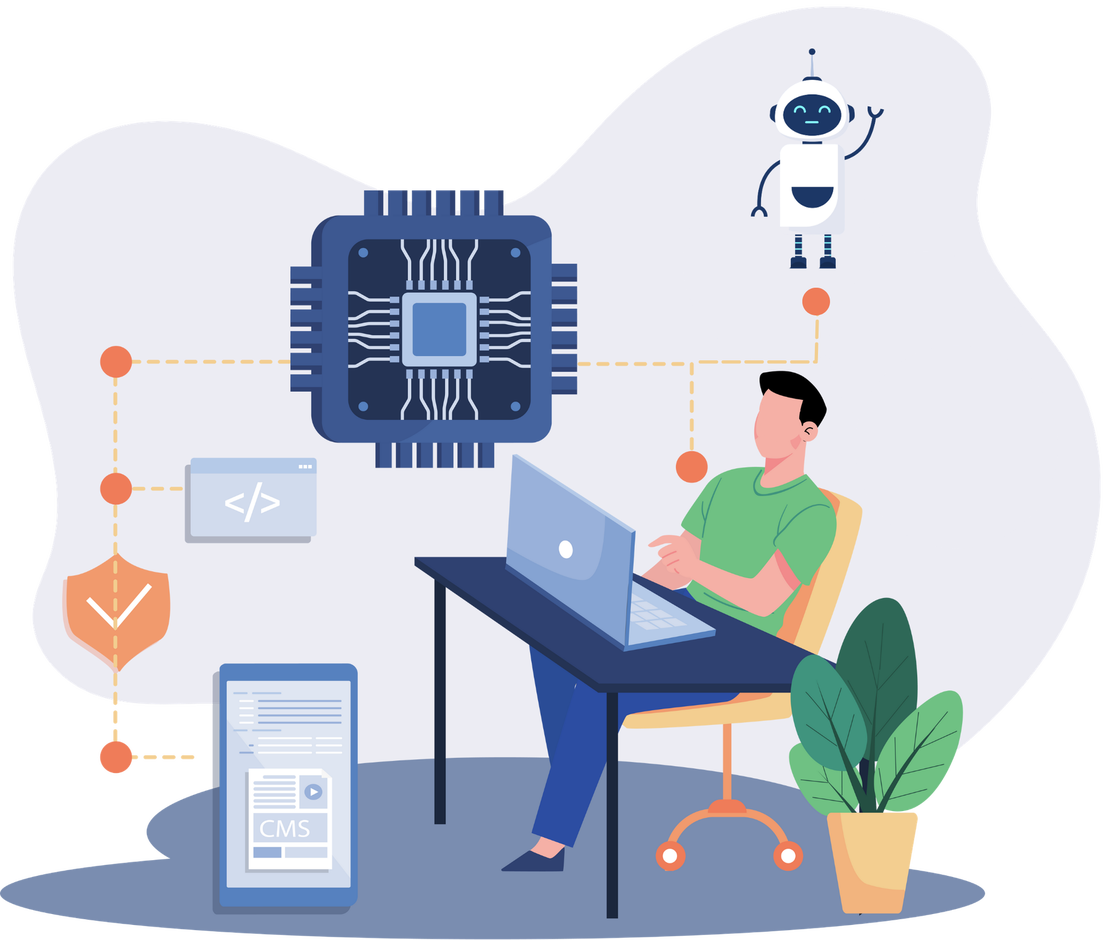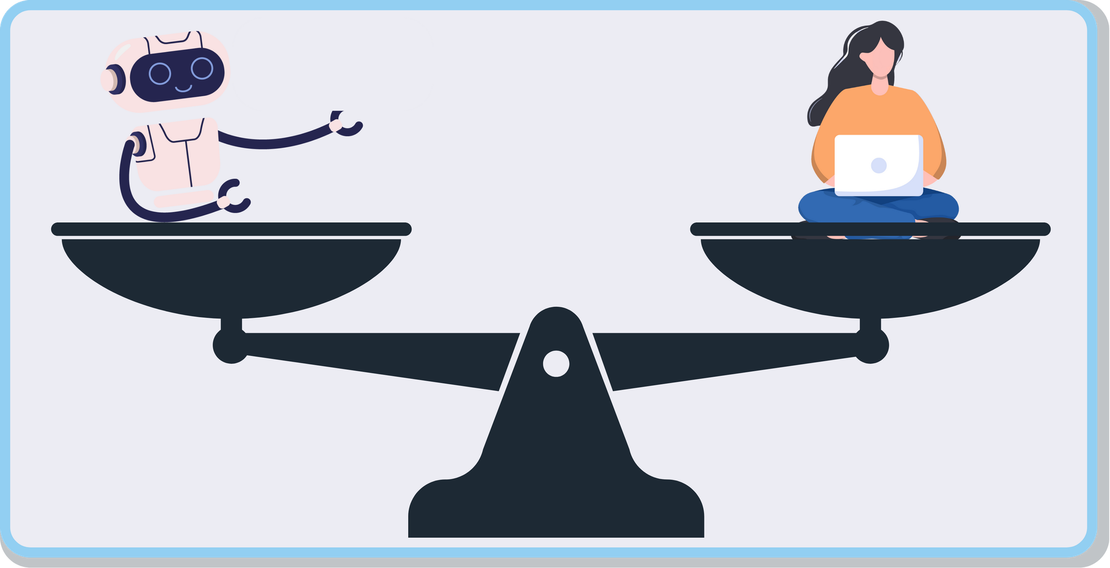
🌈 The Ethical Edge of the AI Revolution
We stand at the edge of a technological revolution: Artificial Intelligence. It’s already a powerful force that can transform how we work, create, and solve problems - and we’ve barely scratched the surface. But with this rapid adoption comes significant challenges: AI developers using artists’ content without permission, AI models hallucinating legal research, and chat bots devolving into terrible behavior with children [add links to articles sourcing these]. It’s important to walk into this new era with our eyes open.
I use AI daily, and am definitely not suggesting we abandon it. But we also cannot turn a blind eye to problems that AI introduces. In other words, we must be responsible innovators. As entrepreneurs, we have a unique opportunity and responsibility to be ethical pioneers and to demonstrate that technological advancement and moral consideration are deeply interconnected.
In this guide, we’ll explore the critical ethical dimensions of AI, providing you with a simple framework to leverage these powerful tools while maintaining your integrity, protecting user privacy, and contributing positively to our technological ecosystem. But to do this effectively, we must first understand AI’s profound, far-reaching implications.
🌐 The Broader Canvas: AI’s Societal Impact
Artificial Intelligence is actively reshaping our social, economic, and professional landscapes. As it grows more sophisticated, it threatens to disrupt entire industries.
Automation now replaces not just repetitive tasks, but complex cognitive work. Entire job categories—radiologists, customer service representatives, some programming roles—are already transforming under AI’s influence.
Algorithms now influence critical decisions from loan approvals to criminal sentencing. When these systems inherit human biases, they can perpetuate systemic inequalities under the guise of objectivity.
Yet AI also creates new opportunities: emerging roles in AI ethics, machine learning, and human-AI collaboration are expanding. As entrepreneurs, we’re not simply AI users—we’re the architects of its societal integration. Our choices will determine whether this technology becomes a force for opportunity or division. The key is adaptability—always making AI work for us instead of blindly following AI’s lead.
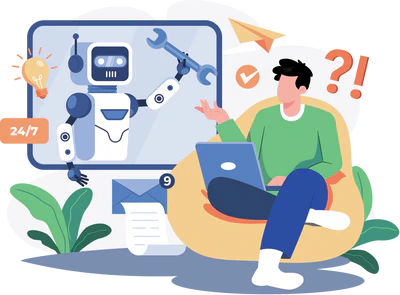
🕵️ Unmasking the Invisible Prejudices in AI
Artificial Intelligence doesn’t exist in a vacuum. Learning from historical data, these systems can inadvertently perpetuate societal biases. An AI trained on historical hiring data might discriminate against women, or a facial recognition system might perform less accurately for people of color—not from malice, but from skewed training data.
These aren’t theoretical risks. Real-world examples abound: hiring algorithms favoring certain demographics, credit scoring systems disadvantaging minority communities, language models reproducing stereotypical thinking. In each case, an AI system intended to remove bias instead perpetuated it. [links to source articles]
The entrepreneurial challenge is twofold: recognize these biases, then actively counteract them. This requires diverse training datasets, rigorous testing, and a critical human perspective. AI is never a ‘set it and forget it’ tool—it demands continuous monitoring and feedback.
🛡️ Responsible AI Usage: A Practical Framework
Here are some guidelines I use for my daily work with AI. My best work comes from treating it as a public, collaborative partner instead of a secret, infallible oracle.
🔍 Radical Transparency: Your AI Integrity Toolkit
Honesty about AI use is a fundamental trust-building mechanism. When generating content, conducting research, or supporting decisions, be upfront. Communicate AI’s contribution, be transparent about its limitations, and ensure human expertise remains visible.
👤 Reclaiming the Human in the Machine
AI should amplify human capabilities, not replace human judgment. Think of AI as a powerful assistant, not an infallible expert. Always maintain the ability to question, override, or critically examine AI-generated insights. Your unique perspective, creativity, and ethical reasoning are irreplaceable. The most effective AI integration leaves you in the driver’s seat.

🌱 Evolve or Obsolete: The AI Learning Curve
The AI landscape evolves at lightning speed. Regularly audit your AI tools for biases, create feedback mechanisms, and stay informed about emerging ethical considerations. This isn’t a one-time setup, but an ongoing commitment to responsible technology use.
🔒 Your Data, Your Fortress: Privacy in the AI Age
Data fuels AI, but unrestricted access is unacceptable. Minimize collection to the necessary, obtain clear consent, and provide transparent options for users to control their data. Treat user information as a sacred trust.
The goal: approach AI with intentionality, critical thinking, and a commitment to ethical innovation.
⚖️ The Fine Print: Protecting Yourself in the AI Era
Let’s be crystal clear: AI-generated content is not a legal shield. If an AI produces work that inadvertently plagiarizes or infringes on intellectual property, you—not the AI—are legally responsible. There’s no courtroom defense for, “I didn’t do it! But I did pay a robot to do it for me….” Copyright laws don’t recognize AI as a creator, so any content you publish, present, or use professionally is ultimately your responsibility.
This isn’t meant to scare you away from AI, but to make you a more informed user. Think of AI like a brilliant but sometimes unreliable research assistant who needs constant supervision.
Embrace AI as a partner, not a solution. Be curious, be critical, and above all, be human. The most successful entrepreneurs won’t be those with the most advanced AI tools, but those who know how to use those tools with wisdom, creativity, and integrity.
The AI revolution is here. Are you ready to shape it? ✨
